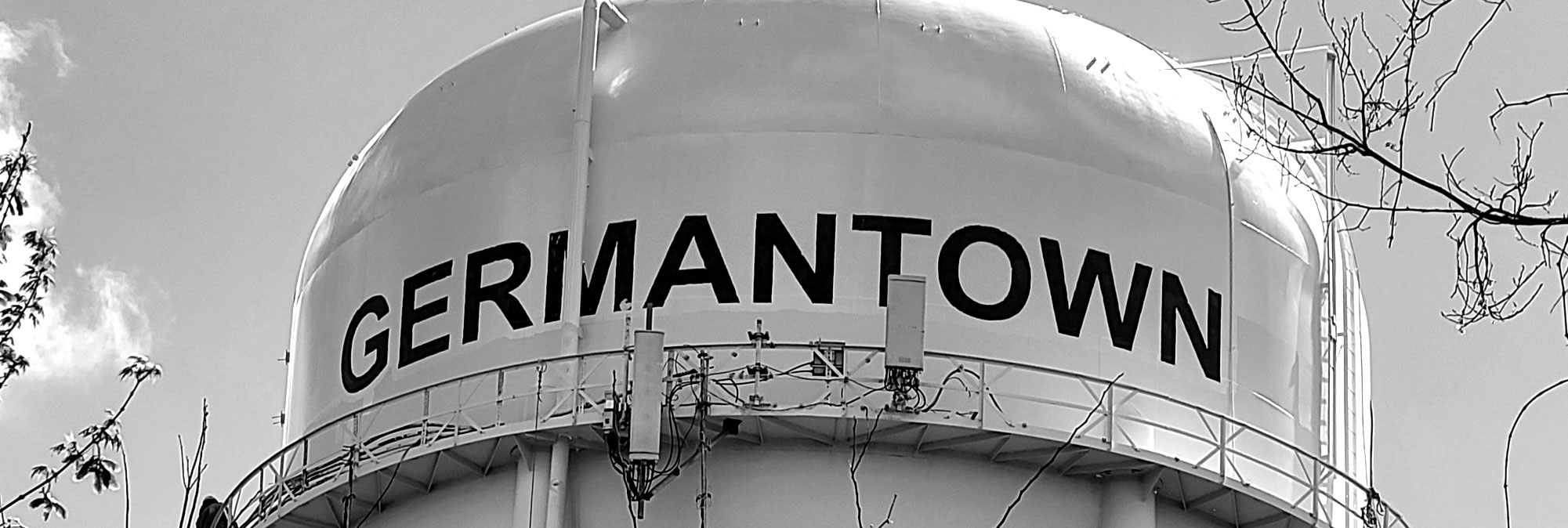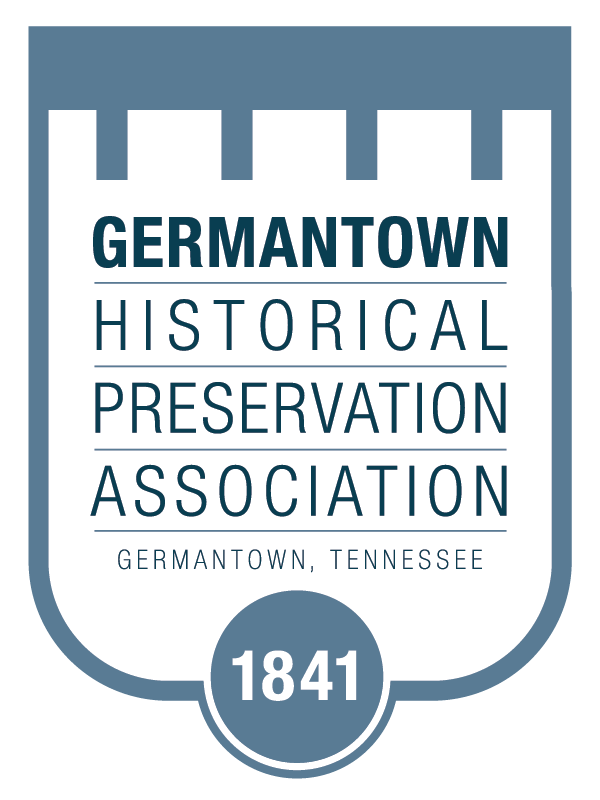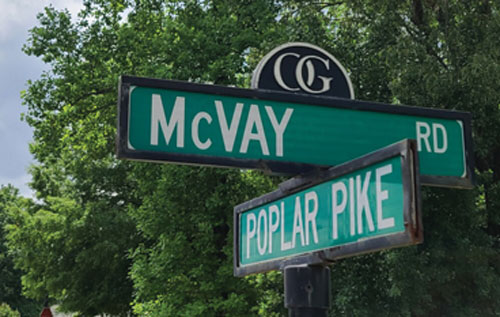
Poplar Pike Improvement Assoc.
The Poplar Pike Improvement Association was incorporated in 1939 by a group of farsighted individuals concerned with future commercial development on Poplar Pike and Poplar Ave and its possible negative effect on the character of the area. The group was a cooperative effort between several communities and membership included three members from the Civic or Rotary Clubs of Germantown, Collierville, White Station (until 1960), and for a short time Forest Hill.
The Association’s first meeting was held March 13, 1939, at the home of O.H. Miller of Germantown, their first president and a viable force for 26 years. The Vice-President was P. A. Clayton and the Secretary.-Treasurer was Charles M. Crump. In attendance was George Friedel, president of the Germantown Civic Club and members A. C. T. (Tread) Beasley and O. H. Miller; Paul Jones, president of the White Station Community Improvement Club; and member H. B. Potts. Other charter members were George Friedel, Paul E. Stewart, Dr. Franklin Harrel, Paul Jones, and Dr. Frank E. Hall.
The Association objectives were: (1) to protect Poplar Avenue and Old Poplar Pike against objectionable constructions and businesses; to maintain the Poplar ridge for a fine residential area under proper zoning; (2) to eliminate all unsightly and unnecessary advertising signs and to permit only those necessary as directional, safety and temporary real estate sale signs; and (3) to cooperate with all service and suburban garden clubs then existing and those that might be organized later to the end that the two east-west roads leading through White State, Germantown, Forest Hill, and Collierville would be attractive to the residents and those passing through.
In the early history of the Association, they fought such things as undesirable “dice games” along Poplar Pike and prompted increased patrols by local law enforcement officers to aide in eliminating the games. They fought billboards, sand, and gravel plant on Pete Mitchell, a sanitarium for “neurotics and alcoholics, and less than sanitary conditions along Poplar Pike. Cooperation among the citizens was beneficial in their successful attempts at denials from the County Board of Adjustments for zoning variations.
In 1950 the Association recommended to the city and county authorities, among other things, that the property lying between Poplar Pike and the Southern Railroad, from Colonial Road to the City Limits at White Station Road, be converted into a park. In 1951 the Association resolved to request the rezoning of frontage on Old Poplar Pike from “agricultural” to “residential”.
In 1956 Harland Bartholomew & Associates presented plans for industrial zoning in the area of Poplar Pike to the Memphis & Shelby County Planning Commission. At a meeting in July 1956, the Association resolved that the proposed industrial zoning between White Station and Collierville, in the area between Wolf River on the north and Nonconnah Creek on the South, was “offensive” to the Association. If possible, they would exercise all possible diligence in opposing it and removing the proposed rezoning from the County Planning Map prepared by the Bartholomew firm.
The longest and most bitter struggle in the history of the Association began in 1960. The Southern Railway Co. instituted a suit in an effort to have approximately 750 acres of land in the Poplar Pike area (east and south of Hacks Cross) zoned industrial. John Porter was retained as legal counsel for the Association, and residents of the area who were strenuously objecting to the proposed rezoning of this residential area for industrial purposes. Counsel and witnesses appeared before the Planning Commission in rebuttal to the legal counsel for Southern Railway and Homer K. Jones, et. al. The Planning Commission decided in favor of Southern Railway and Homer K. Jones. An appeal was made to the Shelby County Quarterly Court and the court upheld the recommendation of the Planning Commission. Mr. Porter, advised the Association and the residents opposing the zoning, to appeal this issue up through the courts to the Tennessee Supreme Court.
The Southern Railroad, in fact, won the day; however, they held the land for several years and did not proceed with developing the railroad and switching yard. The City was prohibited from changing the zoning and had their hands tied. Later, a developer, Hall-Jones, bought a good block of the property and petitioned the city to change the zoning to residential. A near catastrophe for this beautiful area was averted.
Information from the History of the Poplar Pike Improvement Association, July 1963.

